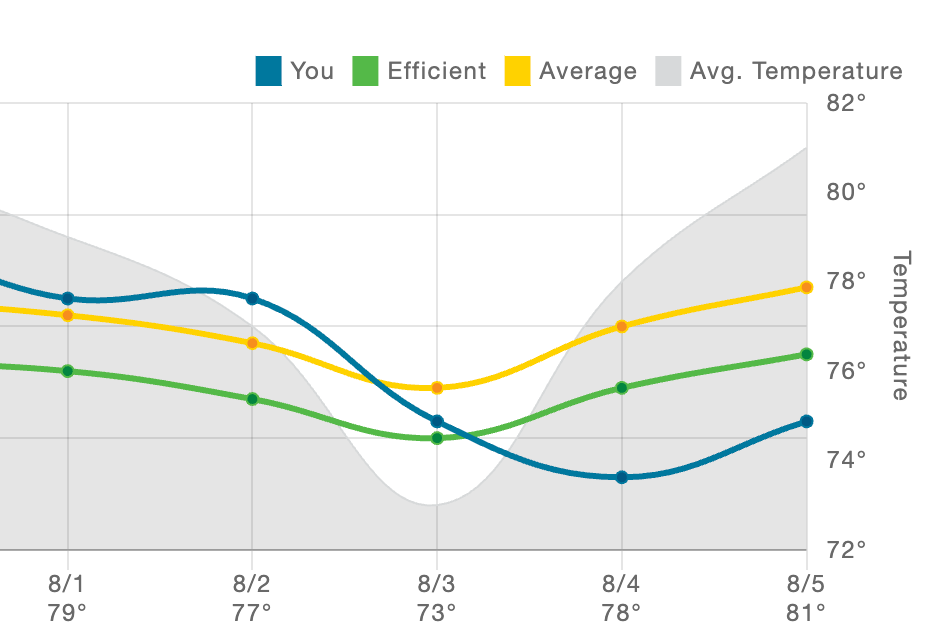What is Normal?
Seeing the World through a Different Lens
Do you ever get the sense when talking with someone that they see the world differently from you? I experience this frequently when talking to entrepreneurs.
This subtly makes sense. To start a new venture, you typically see at least one aspect of the world differently enough to feel compelled to start something new that plugs that gap. Sometimes, the gap seen in the world is contained. In other cases, entrepreneurs seem to see something fundamentally different about the world and are willing to bet some part of their livelihood to prove it. This brings to mind the Steve Jobs “reality distortion field” or, more recently Elon Musk’s sphere of influence.
In Drunk Tank Pink, Adam Alter walks through several stories to illustrate a key premise: “Much of what we consider to be real is a direct product of the standards determined by the people around us.”1
Alter walks through several stories of children who were raised for some period of their formative years outside human society. The reasons are generally unfortunate, but since “children acquire most of their social and linguistic skills during a critical window early in their lives,” these experiences had dramatic effects.2
Alter then describes the experience of adults who voluntarily and under the guise of social experiments, stayed in solitude for hours to months, to various unpleasant effects. Some prisoners in solitary confinement “experienced hallucinations, profound depression, confusion, perceptual distortion, memory loss, and paranoia.”3
Alter then moves on to a power company trying to help its customers reduce their power usage. He shares how the company began printing a reference to show each customer how their usage was compared to an “average” customer’s. The small shift resulted in a 2.5% decrease in usage for the customers given the comparison, which I imagine is something like what Duke Energy now includes in my energy bill. This adaptation has since been adopted more broadly; you can see here my home’s power usage compared to “average” and “efficient” users.
Alter articulates “that people don’t know how to evaluate their power without knowing how much electricity other households are consuming,” so including this type of information in the report made the difference.4
So, what does this have to do with entrepreneurs? As Alter observes, “we tend to lose our sense of reality when we’re unable to confirm our version of the world with that of other people.”5 This “social location” function of experience helps us to place ourselves in the world and grounds us to what is “normal.”
In the case of entrepreneurs, they tend to be around a lot more people who also see the world in different ways. If you’re only ever around people who think the color blue is actually green, then after a while, blue starts to “look” like green. We also have the tendency to mimic those around us, meaning this cycle becomes self-enforcing.
Of course, this is not to say that the underlying “truth” of the world has changed, but our perception of the world is actually what matters more in terms of how we behave. Our vision of the world and the deep truths we believe but don’t speak that are down in us inform how we take steps to accomplish things in the world. So, in a sense, entrepreneurs really might see the world differently, not because it actually is different but because they perceive it to be.
So if you find yourself stuck in a rut, perhaps the answer is to situate yourself with different people or in a different location where people see the world in the way you want to. This isn’t some mysterious force, but as it turns out, we are always shaped by the people and places around us.
With that, thanks for reading, and see you next week.
Drunk Tank Pink, 83
Drunk Tank Pink, 80
Drunk Tank Pink, 82
Drunk Tank Pink, 85
Drunk Tank Pink, 82


